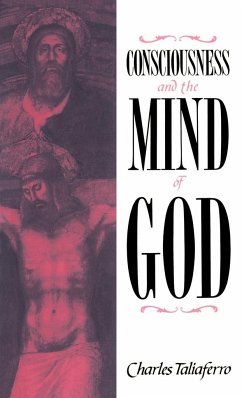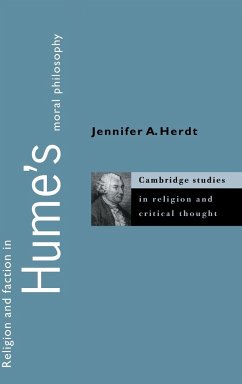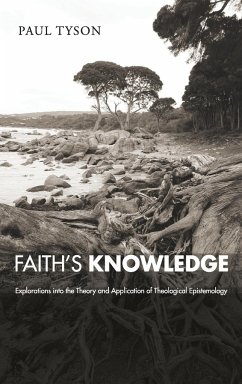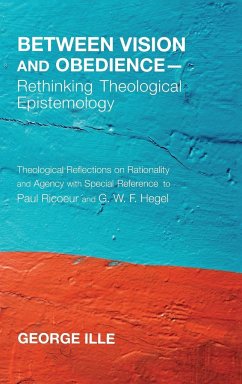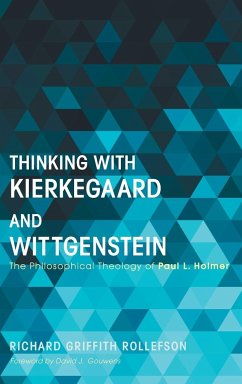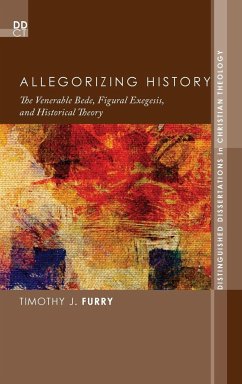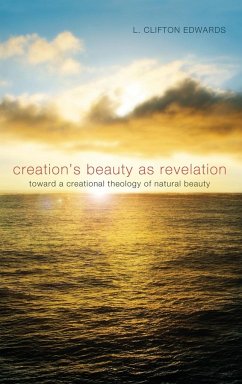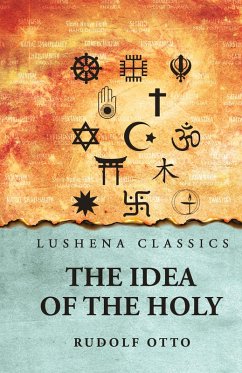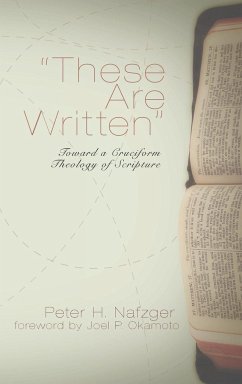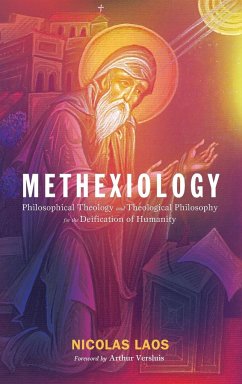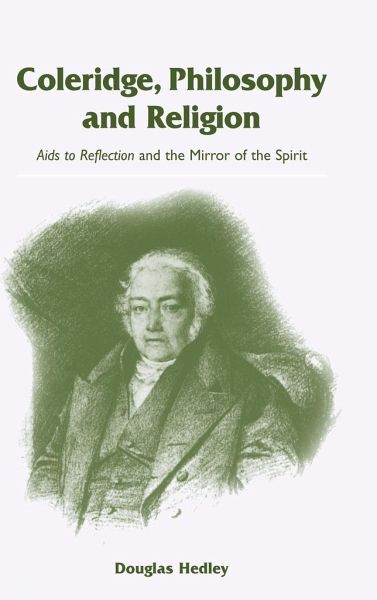
Coleridge, Philosophy and Religion
Versandkostenfrei!
Versandfertig in 1-2 Wochen
69,99 €
inkl. MwSt.
Weitere Ausgaben:

PAYBACK Punkte
35 °P sammeln!
Coleridge's relation to his German contemporaries constitutes the toughest problem in assessing his standing as a thinker. For the last half-century this relationship has been described, ultimately, as parasitic. As a result, Coleridge's contribution to religious thought has been seen primarily in terms of his poetic genius. This book revives and deepens the evaluation of Coleridge as a philosophical theologian in his own right. Coleridge had a critical and creative relation to, and kinship with, German Idealism. Moreover, the principal impulse behind his engagement with that philosophy is tra...
Coleridge's relation to his German contemporaries constitutes the toughest problem in assessing his standing as a thinker. For the last half-century this relationship has been described, ultimately, as parasitic. As a result, Coleridge's contribution to religious thought has been seen primarily in terms of his poetic genius. This book revives and deepens the evaluation of Coleridge as a philosophical theologian in his own right. Coleridge had a critical and creative relation to, and kinship with, German Idealism. Moreover, the principal impulse behind his engagement with that philosophy is traced to the more immediate context of English Unitarian-Trinitarian controversy of the eighteenth and nineteenth centuries. The book re-establishes Coleridge as a philosopher of religion and as a vital source for contemporary theological reflection.





